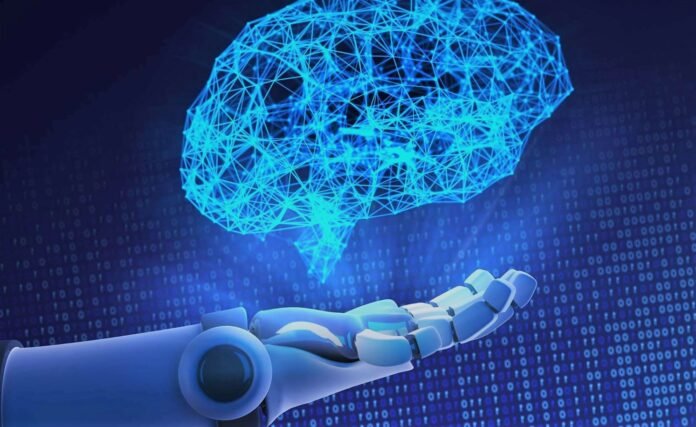Artificial Intelligence (AI) has emerged as one of the most revolutionary technologies of our time. With its potential to impact almost every field, the possibilities for AI are endless. Despite its impressive applications, there are significant limitations and ethical considerations that must be taken into account as AI advances.
Exploring the Applications of AI
The healthcare industry has seen significant advancements thanks to AI. By analyzing patient data, AI can detect diseases and even develop new treatments. Doctors can now diagnose diseases more accurately and efficiently, thanks to AI, which can identify patterns that humans might miss.
Businesses are also benefitting from AI. Algorithms can automate routine tasks, analyze data, and make predictions, which can optimize operations and enhance the bottom line. Chatbots powered by AI are also used to improve customer service and engagement, making it more effective.
AI has the potential to revolutionize education as well. AI-powered educational tools personalize learning experiences, providing a more engaging and individualized approach for students. The algorithms can adapt to each student’s learning style, providing a more comprehensive and effective education.
Transportation is another field where AI has the potential to make a significant impact. Self-driving cars are one of the most notable applications of AI. These AI-powered vehicles can sense their surroundings, make decisions, and navigate roads without human intervention, potentially reducing accidents and traffic congestion.
Exploring the Limitations of AI
Bias is a major issue that AI algorithms can exhibit, particularly based on the data they are trained on. This can lead to discrimination against certain groups and perpetuate existing inequalities, which can have significant social consequences.
Ethics is another key consideration as AI becomes more advanced. Facial recognition technology, for example, has raised concerns about its impact on privacy and civil liberties, particularly in light of recent controversies around data privacy and government surveillance.
As AI continues to automate routine tasks, there is a concern that it may lead to job losses and widen income inequality. There are also concerns about the safety of autonomous AI systems, such as self-driving cars, which must be designed with safety in mind to prevent accidents.
Exploring Ethical Considerations of AI
Privacy is a significant ethical consideration in the development and deployment of AI systems. These systems collect vast amounts of data, which can compromise privacy if not handled appropriately. It is essential to ensure that data is collected and used in a responsible and ethical manner to protect individual privacy.
As AI systems become more autonomous, it becomes increasingly challenging to assign responsibility for errors or mistakes. It is essential to establish accountability frameworks to ensure that AI is used safely and ethically.
Transparency is critical in AI systems, as they can be complex and difficult to understand, which can make it challenging to determine how decisions are being made. Ensuring transparency in AI systems is essential to ensure that they are used fairly and ethically.
Fairness is another significant ethical consideration in the use of AI. These systems can perpetuate existing inequalities if not designed and trained with fairness in mind. It is crucial to ensure that AI is used in a way that is fair and equitable to all individuals.
Conclusion
In conclusion, AI is a transformative technology that has the potential to improve our lives in countless ways. However, as with any technology, there are limitations and ethical considerations that must be taken into account. By considering these limitations and ethical considerations, we can ensure that AI is used safely and ethically, and its full potential is harnessed to create a better world for all.
Google News | Telegram
















